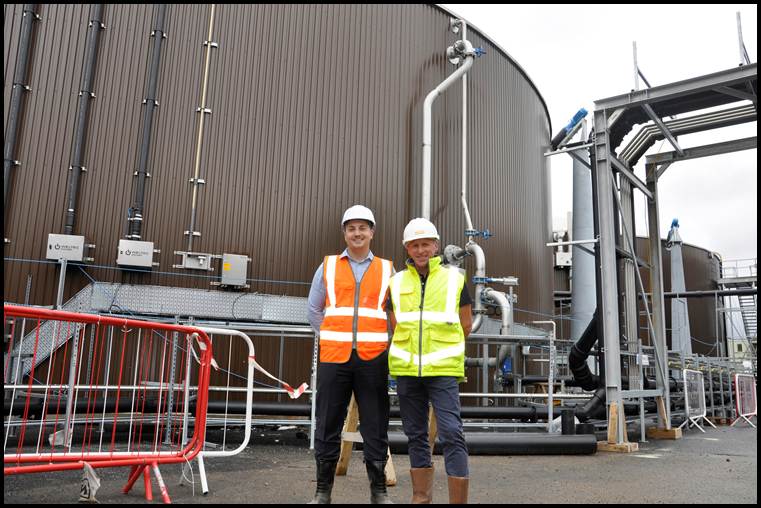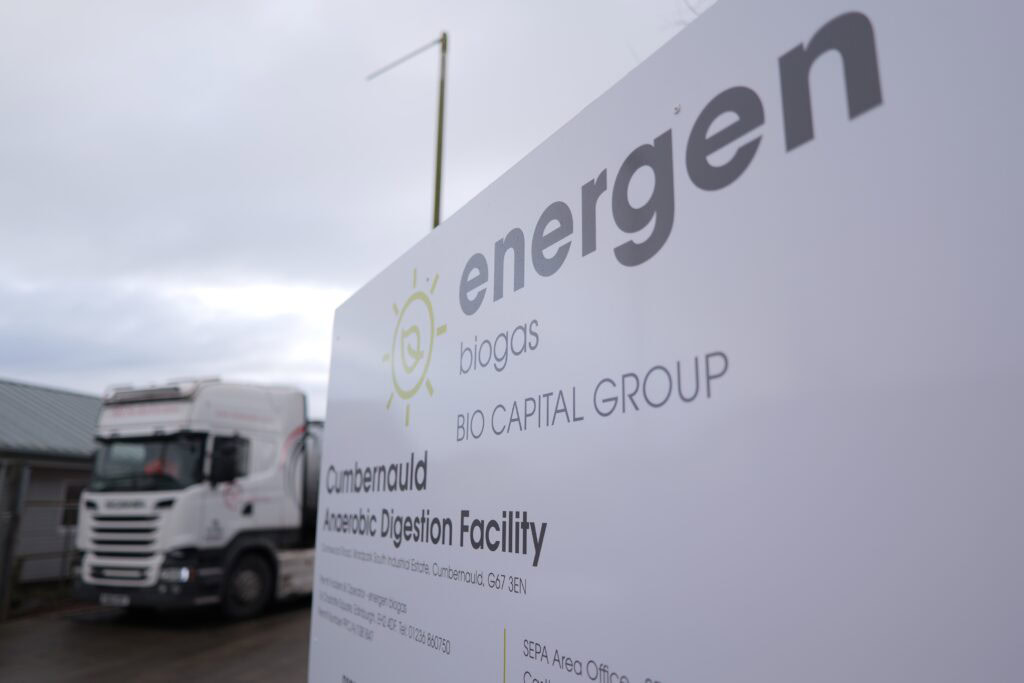The barrier process is suggested in a risk assessment report which has just been completed for DEFRA which last year banned the composting of kitchen waste. The report recommends that all catering and kitchen waste must first undergo a contained composting process such as an enclosed windrow or in-vessel mechanism. The subsequent and second stage of the barrier process would see the material exposed in an outdoor windrow.
The report suggests that the enclosed process would render any meat products in the compost harmless and this would then mean the waste could be moved to a windrow outdoors. In addition, the report recommends that farmers wait two months after spreading the compost on their land before allowing their animals to graze on it.
The risk assessment, released this week was written by consultants WRc-NFS and commissioned last September by DEFRA to guide policy on kitchen waste use in compost. It was completed later than planned, but in time for discussion by industry, business and government representatives at a conference this Friday. An additional risk assessment on the use of animal by-products in abattoirs will not be finished for several months.
Prohibited
Any proposals for change will apply to the amendments to the Animal By-Products Order which were introduced in 2001. These prohibited the disposal of catering wastes which could contain animal products on land where birds or other animals had access. In a guidance note at the time, DEFRA said a ban on compost containing kitchen wastes would hold until changes were made in the law. These changes were expected for spring 2002.
A reinforcement of last year’s amendments would not surprise some composting insiders. One composting expert told letsrecycle.com that enclosed composting seems the most likely way forward. “I think the industry is beginning to accept that if we put food waste into compost then we are going to have to use in-vessel systems,” he said.
The risk assessment can be found at
www.defra.gov.uk/animalh/by-prods/cater/comprisk.htm







Subscribe for free